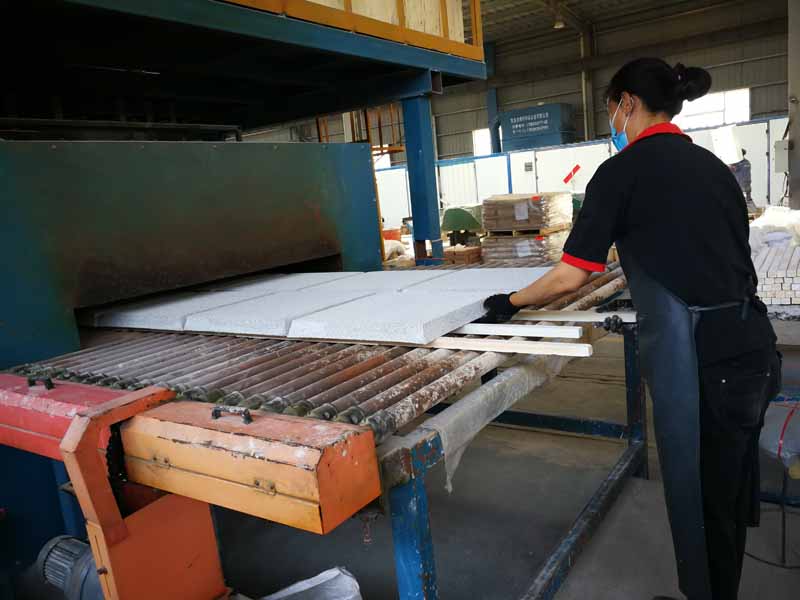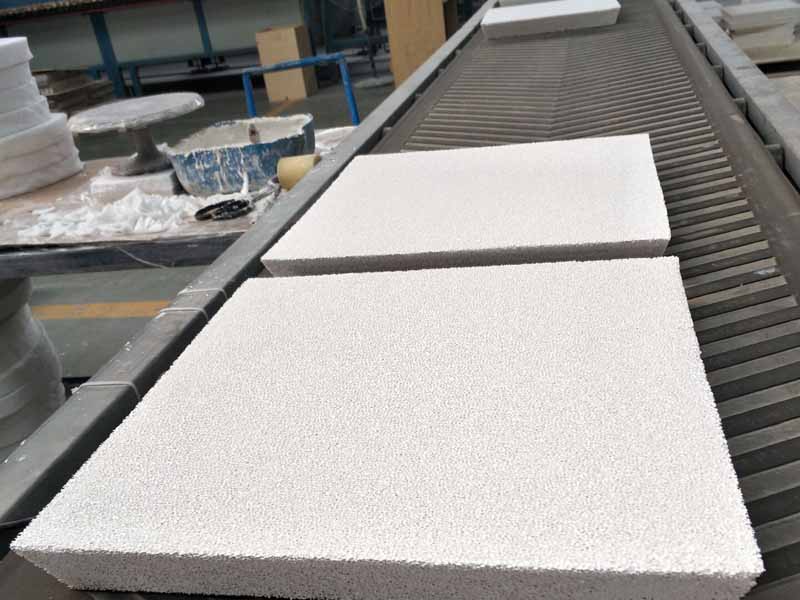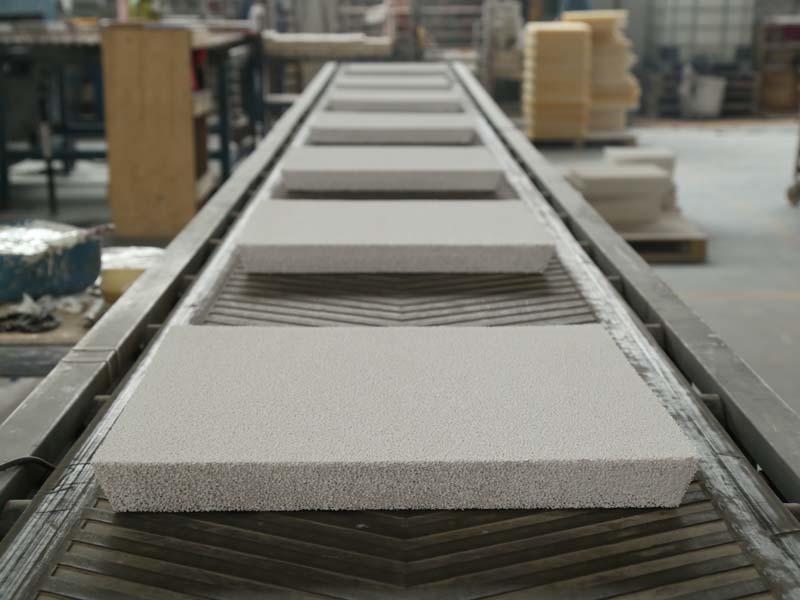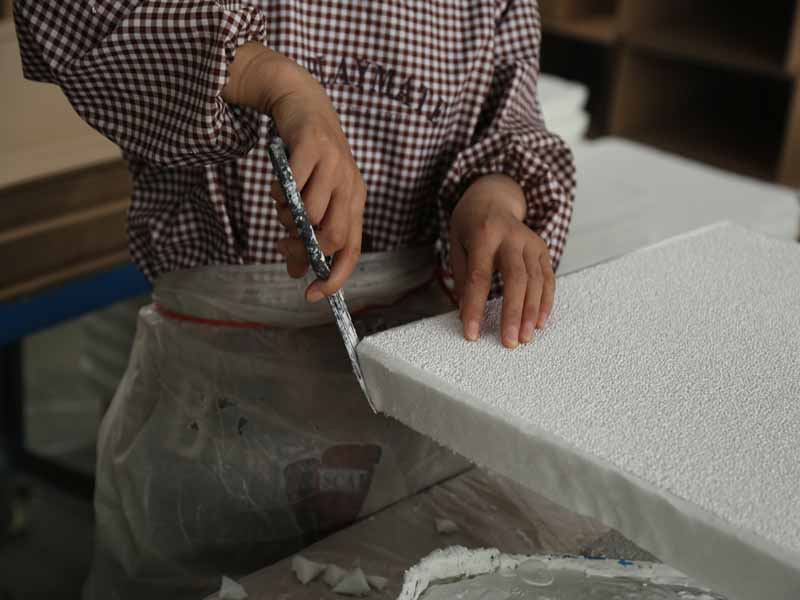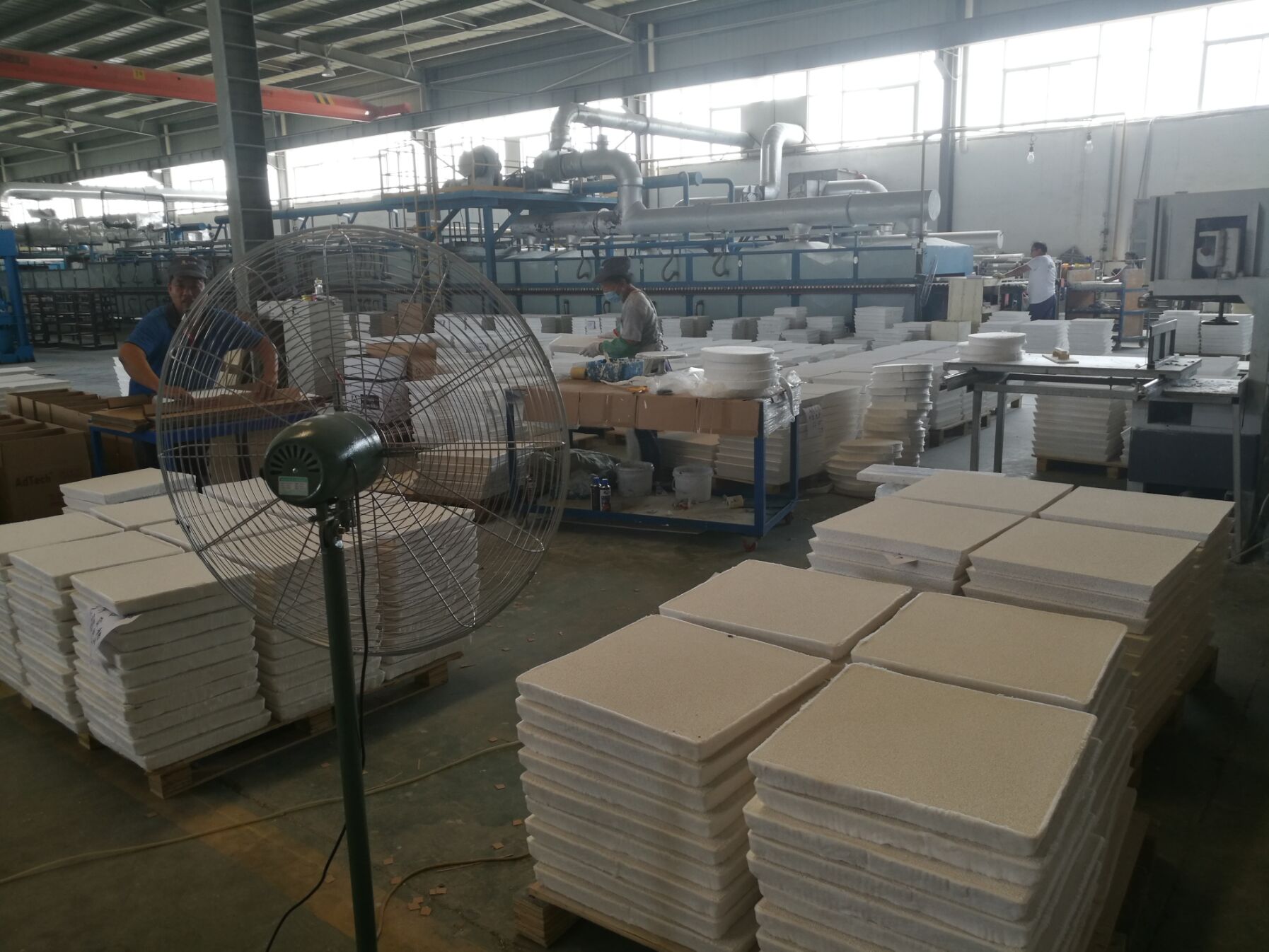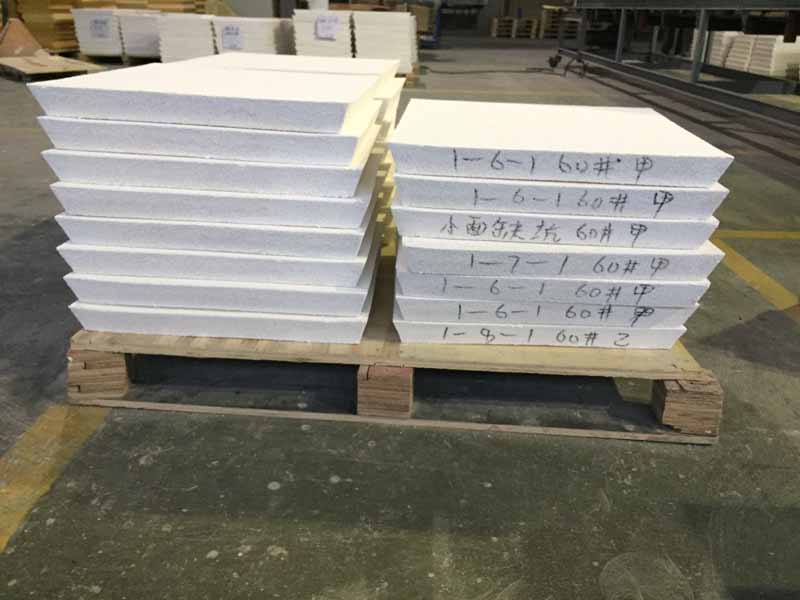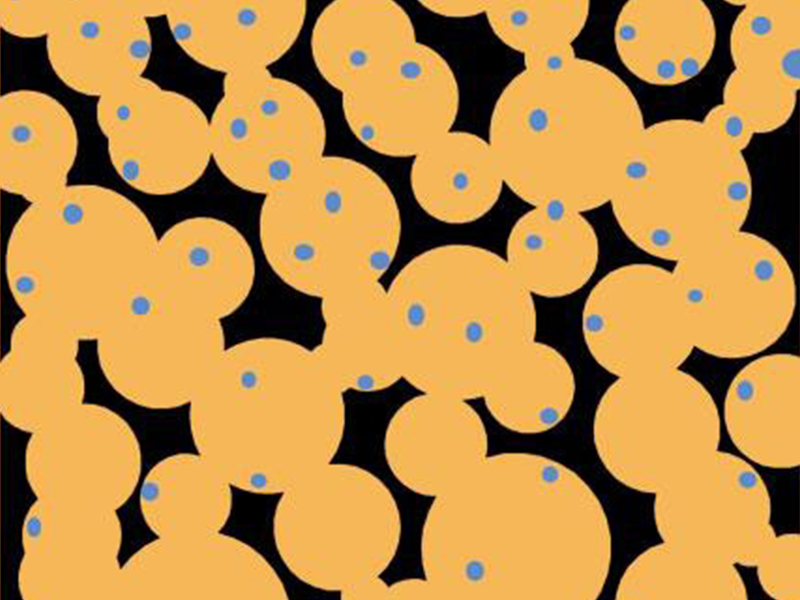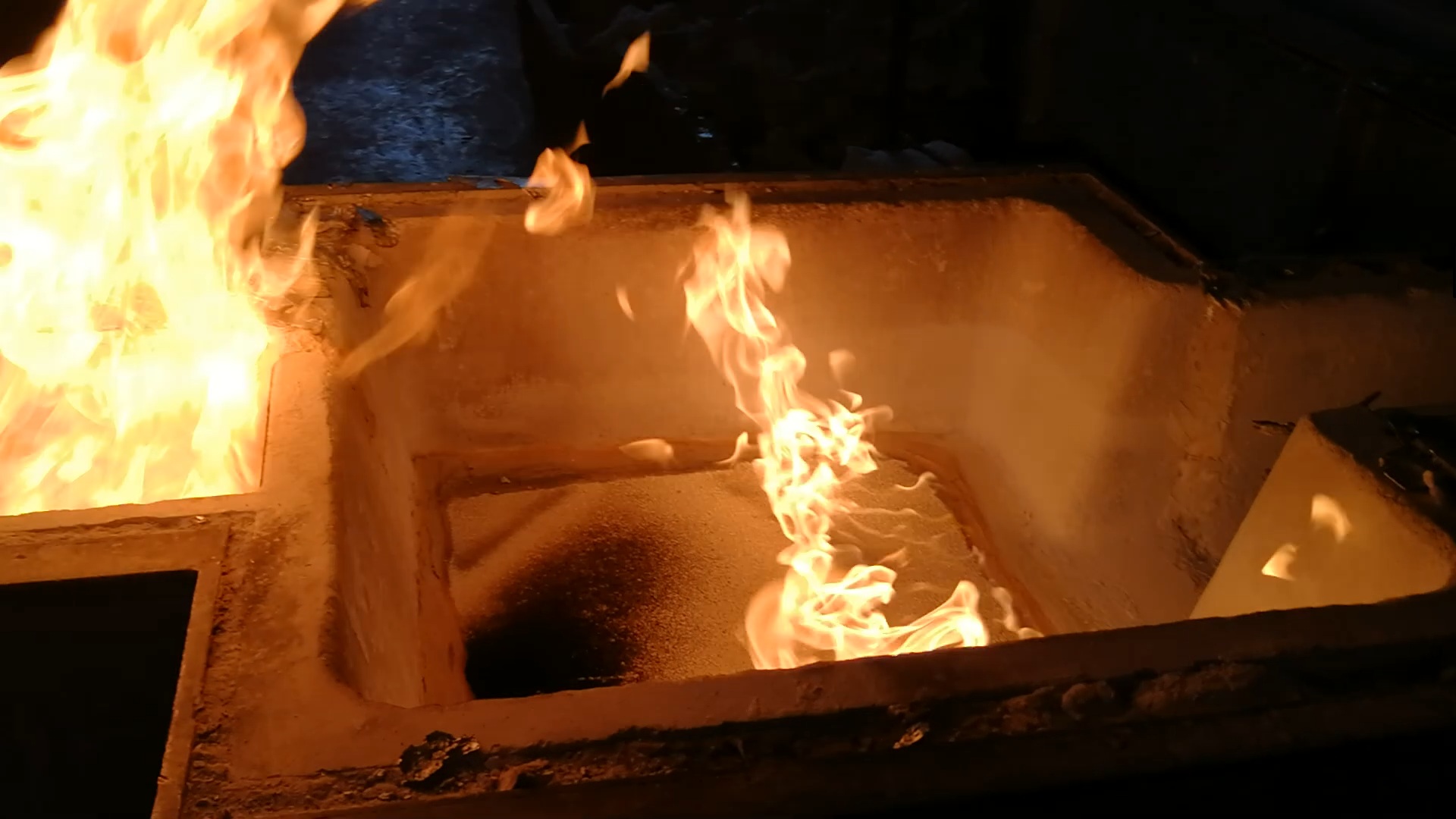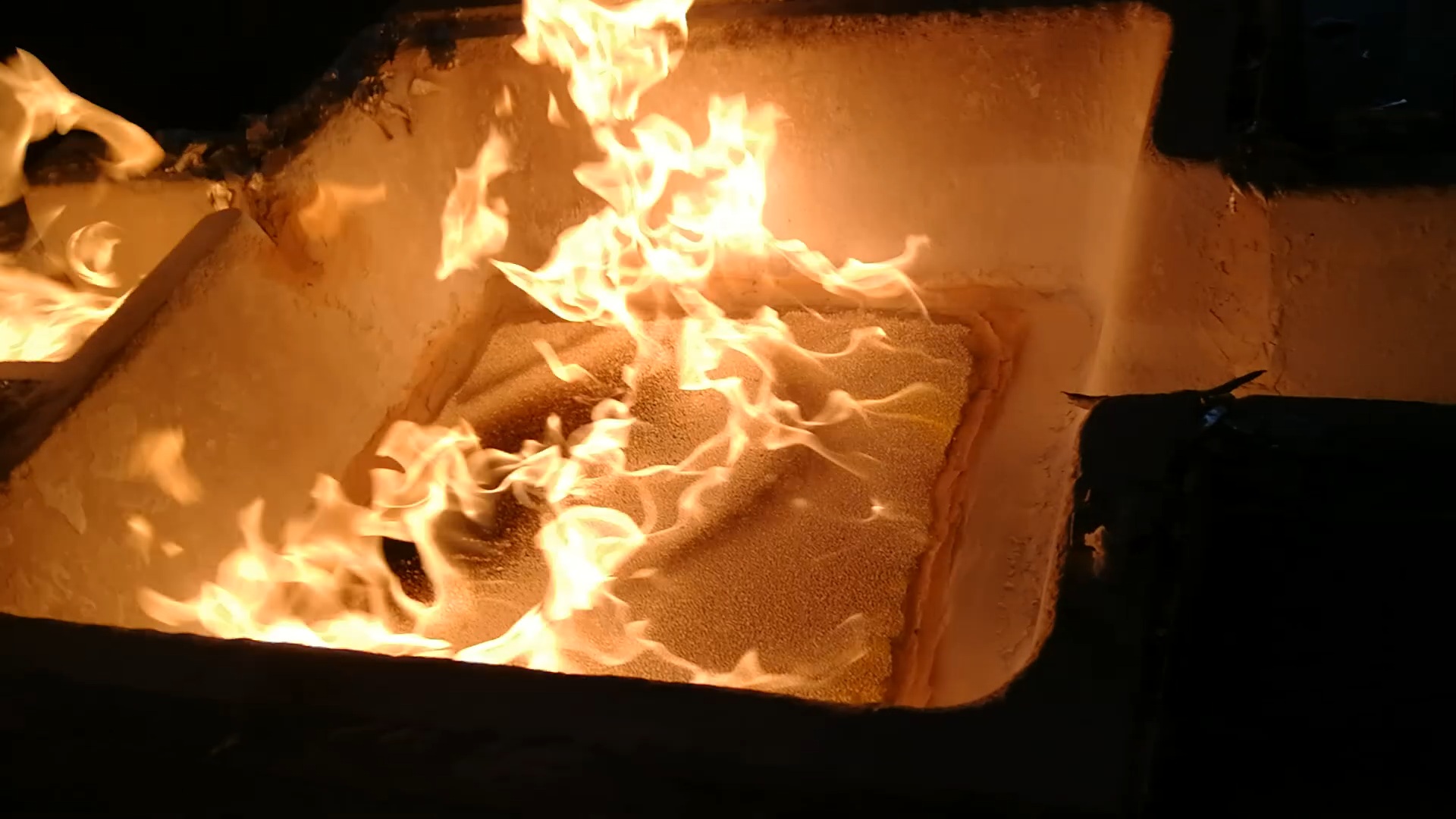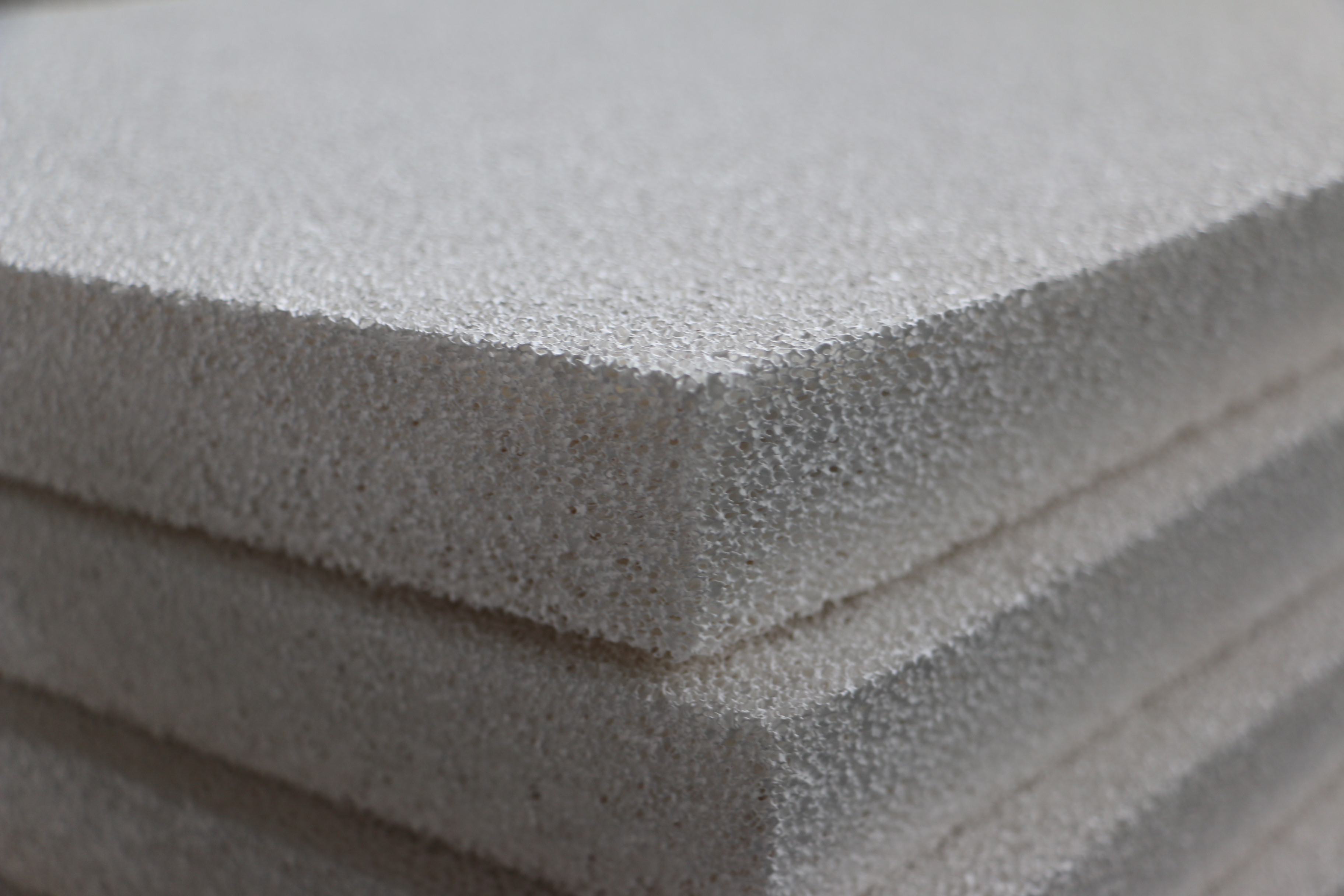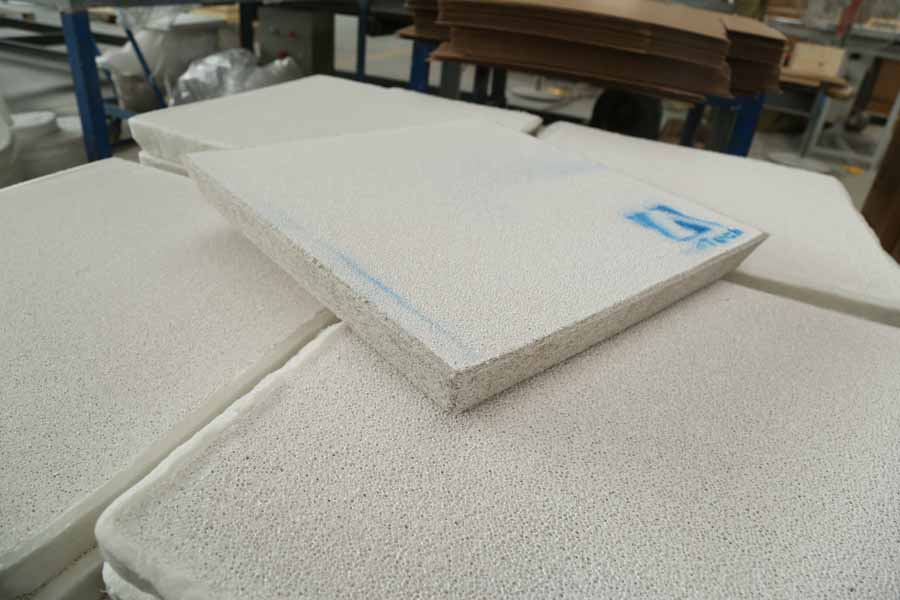Anti Vibration Aluminum Ceram Foam Filter
Anti Vibration Aluminum Ceram Foam Filter uses a three-dimensional network structure and an organic foam sponge connected to the pores as a carrier, invading it into a special ceramic slurry with thixotropic properties.
And adopting a special roll extrusion process to uniformly apply the ceramic slurry to the skeleton of the carrier.
Then, it is dried and solidified and then fired at a high temperature.
Porous Ceramic Foam Filter for Aluminum Alloys Since the first research in 1978, foam ceramic filtration technology has developed rapidly.
Anti Vibration Aluminum Ceram Foam Filter uses polyurethane foam as a carrier, immersing it in a coating made of ceramic powder, binder, sintering aid, suspending agent, etc., and then extruding excess coating to uniformly apply the ceramic coating to the carrier.
The skeleton becomes a green body, and the green body is dried and fired at a high temperature.
Anti Vibration Aluminum Ceram Foam Filter can effectively remove large inclusions in aluminum liquid and adsorb micron-sized fine inclusion particles to improve surface quality, improve product performance, improve microstructure and improve yield.
It is widely used in the production fields of aluminum profiles, aluminum foils, and aluminum alloys.
Anti Vibration resistance of Ceramic Foam Filter
Anti Vibration resistance refers to the resistance of foam ceramic filter plates to damage caused by rapid temperature changes.
During the use of the foam ceramic filter plate, we require the user to start the filtration when the filter plate is gradually preheated to the temperature of the filtered aluminum melt before use
But some users do not follow this well when using it.
It is stipulated that after the filter plate is placed, the melt is filtered without preheating, so that the filter plate is required to have a certain thermal shock resistance.
The better the thermal shock resistance, the more durable the filter plate and the better the quality.
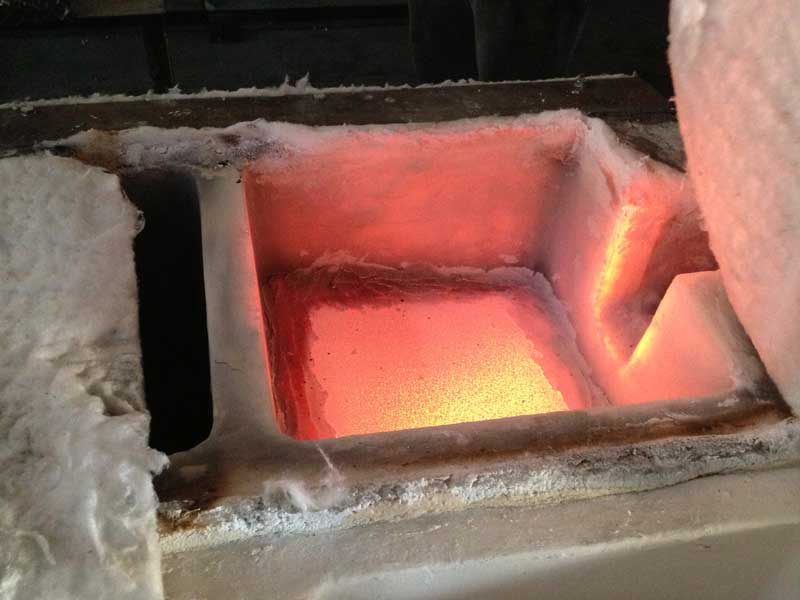
How to choose Alumina Porous Filter
The Alumina Porous Filter specification is selected according to the unit time flow and total amount of liquid per unit time.
According to the cleanliness requirements of the final aluminum liquid, the Alumina Porous Filter is used. The higher the cleanliness requirement of the aluminum liquid, the smaller the selected pore size, which puts new demands on the structure and material of the foam ceramic filter.
With the development and application of various purification technologies of aluminum, Alumina Porous Filter purification is the last process of aluminum liquid purification. Before this process, it has used flux powder refining or online rotary degassing technology.
The particle of heterogeneous-hydrogen that has not been removed in the aluminum liquid is more fine and diffuse. How to promote the adsorption and separation of the heterogeneous phase is particularly important.
The “filter cake” effect of mechanical interception is not very prominent, so a new generation of foam ceramic filter materials that can promote heterogeneous agglomeration growth and hydrogen partial pressure suction has become the purpose and direction of this research.


